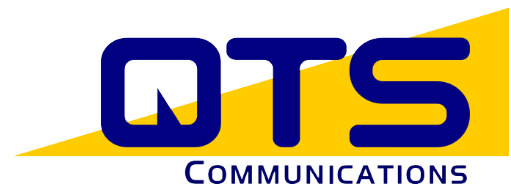We live in a world where interestingly enough, the largest threat to your personal security is not a man with a mask entering your house at night, but is actually a man in front of his computer sipping on coffee in his pajamas, 5,000 miles away. Hacking and information theft are very large and prevalent issues in today’s advanced world, and we have taken it upon ourselves in this article series to help you ensure that you never have to deal with sensitive information being leaked or all of your bank accounts being wiped dry by some hacker half way across the globe.
So that said, here are some more ways that you can improve your online security.
- Don’t Turn off Your User Account Control (UAC)
We know that you want to, and often times we do as well. However, next time you install or update your windows software, be sure to keep the UAC active as it monitors suspicious activity made to the software on your computer and prevents malware from making changes you did not approve of.
- Use a Private/Secure Browser When Surfing the Web
No these are not just for teenage boys trying to access things their parents would not approve of, private browsers allow you to surf the web more securely and will prevent suspicious or malicious sites from tracking you or installing things that you did not want onto your computer.
- Do Not Trust Open Wifi Connections
Look we know that you want to do work at Starbucks everytime you go in for a latte, however it is important that if you connect to free public networks that you use a VPN to hide your IP address and only surf in private browsers.

